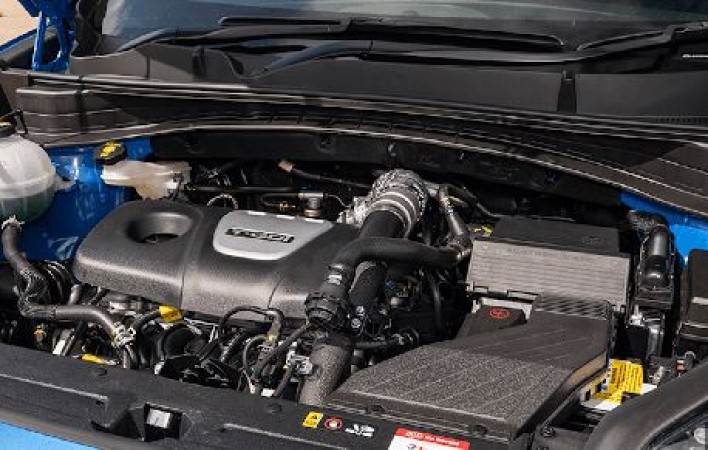
When it comes to fueling our vehicles, diesel has long been the preferred choice. But have you ever wondered, why don't cars run on kerosene instead of diesel? Let's delve into the nuances of these fuels and understand the implications of using the wrong one in your car.
Kerosene, a flammable hydrocarbon liquid, is commonly known for its use in lamps and heaters. It's less viscous than diesel and has a lower energy density.
Diesel, on the other hand, is specifically designed for internal combustion engines. It's a heavier, oilier fuel with a higher energy content, making it ideal for powering automobiles.
Cars are engineered to run on diesel, which ignites differently than kerosene. Using kerosene could lead to inefficient combustion, causing damage to the engine over time.
The viscosity of kerosene is lower than that of diesel. This could affect the lubrication of engine components, leading to increased wear and tear.
Diesel packs more energy per unit volume than kerosene. Running a car on kerosene would mean sacrificing power and efficiency.
Accidentally using the wrong fuel in your car can result in clogs and damage to the fuel system. The components are not designed to handle the properties of the incorrect fuel.
Putting kerosene in a diesel engine, or vice versa, can lead to misfires and erratic combustion. This, in turn, may cause a decline in performance and fuel efficiency.
Using the wrong fuel can increase emissions, contributing to environmental pollution. It may also trigger the check engine light, indicating a malfunction.
Fuel stations must provide clear labels and pictograms to guide drivers in selecting the correct fuel type. Awareness is crucial in preventing accidental mix-ups.
Public awareness campaigns about the dangers of using the wrong fuel can significantly reduce such incidents. Education is the first line of defense.
If you realize you've used the wrong fuel, don't panic. Immediately contact a professional service to drain and clean the fuel system.
In some cases, towing the vehicle to a service center may be necessary, especially if severe damage has occurred.
In conclusion, it's essential to adhere to the manufacturer's recommendations and use the right fuel for your car. Choosing the correct fuel ensures optimal performance and longevity of your vehicle.
Only 7 days left, these 5 cars are available at a discount of up to Rs 50 thousand
Hyundai Creta EV seen during testing, new design details revealed